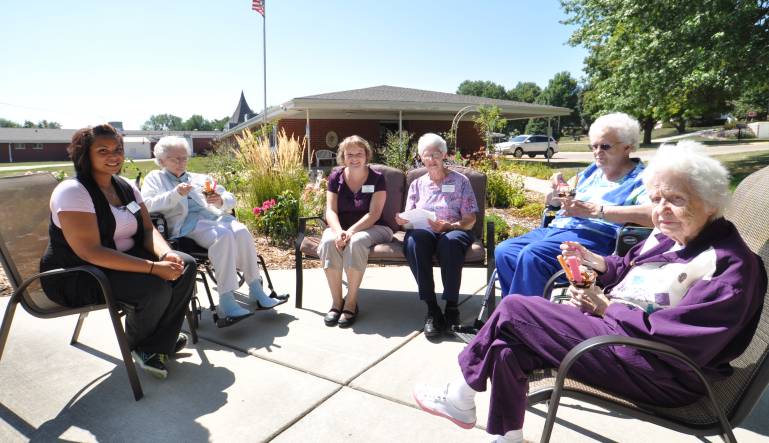Do you remember when Harper Lee published her sequel to To Kill a Mockingbird a few years ago? Written more than 50 years ago, it was shelved until 2015. Go Set a Watchman was published to the delight of her fans everywhere.
For those who knew her, however, troubling questions arose almost immediately. Ms. Lee had always resisted publishing a follow-up book to her famous hit. Some questioned her mental abilities and psychological state.
They wondered whether she had been a victim of elder abuse.
The State of Alabama received complaints of potential elder abuse and was drawn into a complex investigation of the case. It was reported in the New York Times and became something of a major story.
Elder Abuse Can Happen to Anyone Over 60
Not every public health problem has a poster child as famous as Harper Lee. Even so, elder abuse is largely a neglected issue in the United States. That’s surprising since 1 out of 10 people over the age of 60 has experienced this form of abuse. Keep in mind that a large number of cases go unreported, meaning the actual number is probably higher.
What’s Being Done About Elder Abuse?
The American psychological Association (APA) has taken an active role in establishing a voice for elder abuse concerns. Their Office on Aging maintains a vast store of resources on aging, among which is a comprehensive study of elder abuse.
There’s also the National Committee for the Prevention of Elder Abuse. This organization is for professionals and researchers who need to stay current with the issues.
On a personal level, here’s what you can do to ensure elder abuse isn’t part of your senior loved one’s experience.
Five Ways to Prevent Elder Abuse
According to the APA, there are four ways to prevent elder abuse. We’d like to add one more of our own to that list, for a total of five ways you can keep this terrible problem from happening to your senior loved one.
1. Education
The first step in preventing elder abuse is education. Learn how it’s defined because not everyone can identify the signs. ‘Elder abuse’ covers a wide range of maltreatment, including:
- neglect
- physical abuse
- emotional abuse
- sexual abuse
- financial abuse (scams) against seniors
- Abandonment
2. Respite Care
Elder abuse can arise out of situations where stress becomes too overwhelming for a caregiver. Everyone needs a break once in a while. Respite care offers relief and assistance with the care of your senior loved one. This is especially important if the person being cared for has Alzheimer’s or is severely disabled.
3. Social Contact and Support
When caregivers and older persons have a strong social network, stress is less likely to reach a critical level. Sharing the responsibility is important, but having other people to talk to is helpful too.
Also, if a wider circle of friends and family gets involved, elder abuse is more likely to be noticed if it’s taking place.
4. Counseling
There are dozens of life milestones and events that call for counseling. Taking care of a senior loved one may be one of them for many people. Whether it’s group counseling for the family or individual counseling for the caregiver or senior, it can be of immense help in situations like this.
In addition, if there are mental health issues or substance abuse issues in your family, it may be important to discuss them in the context of caregiving.
5. Advocacy
Finally, another avenue for prevention of elder abuse is enlisting the media to raise public awareness. The more people know about this national problem, the better. People have found social media to be very effective at spreading the word about such issues. Sharing this article with your circle of friends and colleagues can help raise awareness.
A Final Word on Elder Abuse
We offer respite care and short-term stays at Five Star Senior Living Communities across the country. If you need a break or don’t feel right about leaving a senior loved one home alone while you travel, contact us, we can help. Find a senior living community near you to get started!
Contact Us Today
"*" indicates required fields

